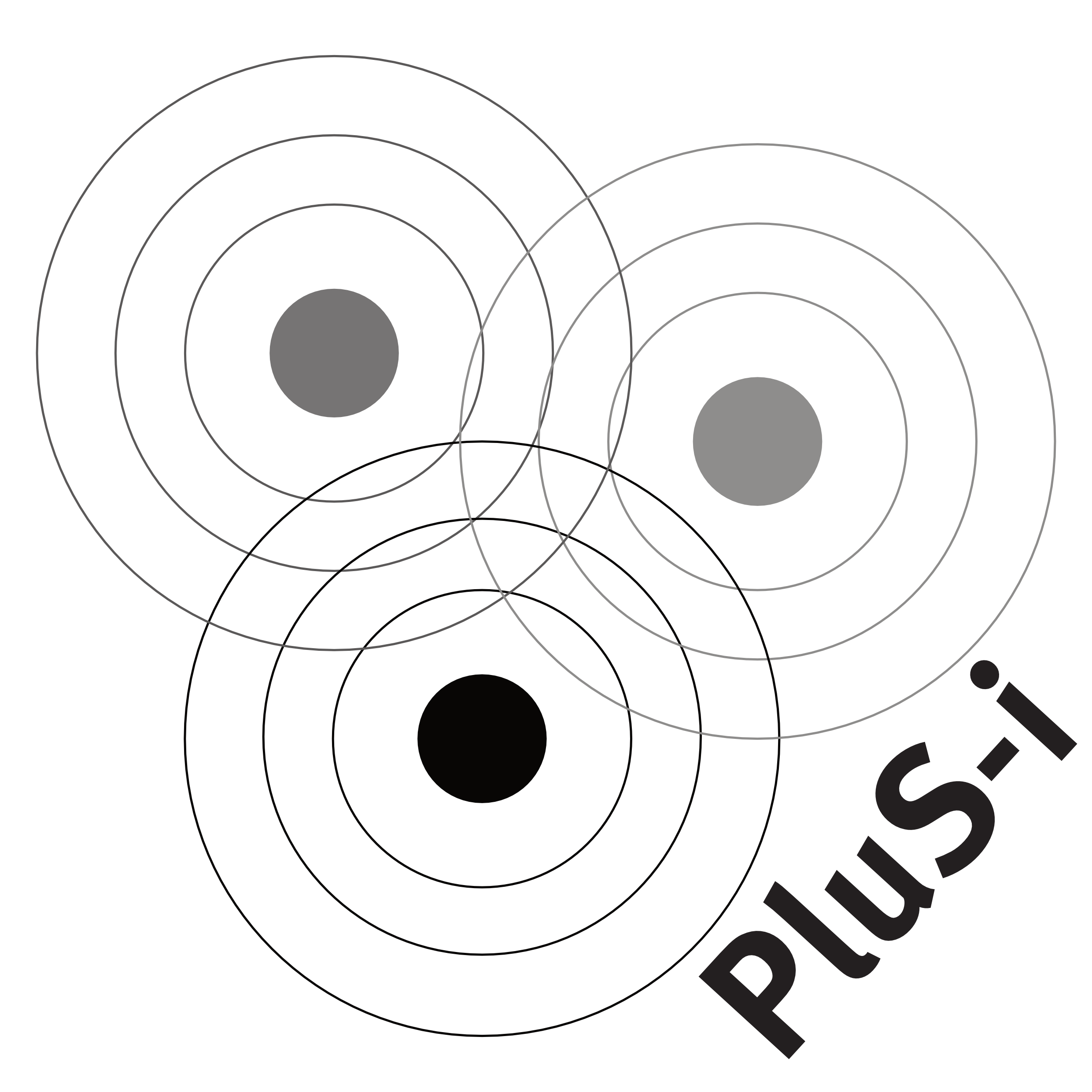Looking back: Virtual Workshop „Policing from an (inter)national perspective
On March 29, 2021, we (the PluS-i team) organized an international virtual workshop dealing with the topic of policing out of an (inter)national perspective. Therefore, we invited international scientists to give an insight into their research on the subject of plural policing. The issues discussed ranged from plural policing in Germany and other sample countries such as the Netherlands and the US to civic policing and public vs. commercial policing in order to compare them with the German perspective.
Since there was also great interest in our event outside the group of registered participants, we recorded the presentations of the workshop and make them freely available below. To provide an overview of the recorded presentations and the topics discussed you will find a short summary of each in the following section.
The workshop was divided into three sections to provide an overview of the different perspectives on policing.
In the first section Jan Terpstra, a professor of criminology at the Radboud University in Nijmegen, and Tobias John,political scientist, and deputy head of the PluS-i team at the University of Münster, gave an insight into the topic of plural policing.
Jan Terpstra introduced us to the subject of plural policing from an international perspective by discussing the differences in the process of pluralization and the discourses about it. Based on a study he conducted in Belgium, Austria, Ontario/Canada, the United Kingdom, and the Netherlands, he illustrated/exemplified the main similarities and differences of plural policing out of an international perspective. Further, he pointed out how the issues of plural policing are perceived, discussed, and evaluated in the public debate.
Following, Tobias John presented an overview of the topic of plural policing in Germany. Along with this, he described four models of plural policing in Germany that emerged in the course of the PluS-i research project.
Succeeding the subject of plural policing, Seth Stoughton, associate professor at the University of South Carolina School of Law, and an associate professor at? the University’s Department of Criminology and Criminal Justice, and Nathalie Hirschmann, sociologist and criminologist, and head of our PluS-i team at the University of Münster, discussed the topic of public and private policing.
Familiarizing us with the issue of public and private policing in the USA, Seth Stoughton raised the question what policing means, particularly in the context of the US. Therefore, he presented some of the results of his research that deals with the conception of policing in light of the ongoing policing and police reform debate in the US.
Subsequent, Nathalie Hirschmann talked about private policing in Germany by focusing on the order- and security-related services within the framework of § 34a Industrial Code (Gewerbeordnung), which enter into a profit-oriented exchange with the client. As the private security industry is a dynamic and complex service market, which is not easily to understand, her presentation shed some light on how private security services work in the context of private policing in Germany.
In the last section of the workshop, Ronald van Steden, associate professor in Public Administration and Political Science at the Vrije Universiteit Amsterdam and senior researcher at the Netherlands Institute for the Study of Crime and Law Enforcement, and Frauke Reichl, political scientists and part of our PluS-i team at the University of Münster, addressed the topic of police volunteers. In his presentation Ronald van Steden discussed the subject of plural policing within the public sector exemplified by the ambivalent case of Dutch voluntary police. In relation to a study, he conducted in 2015, and which was recently updated, he illustrated the development of the policy and practice of police volunteers in the Netherlands. To bring us closer to the topic of voluntary policing in Germany, Frauke Reichl provided some insights of the voluntary police in Germany. She did this by first giving an overview over voluntary police services in Germany followed by some results of the PluS-i research project about voluntary policing in two of the five case studies.
further VIDEOS coming soon


 English
English